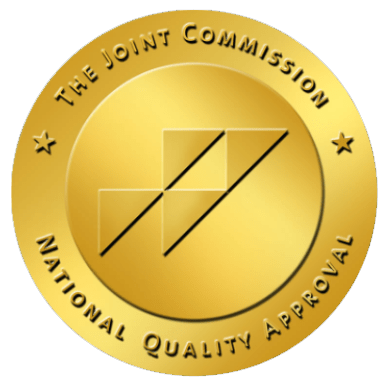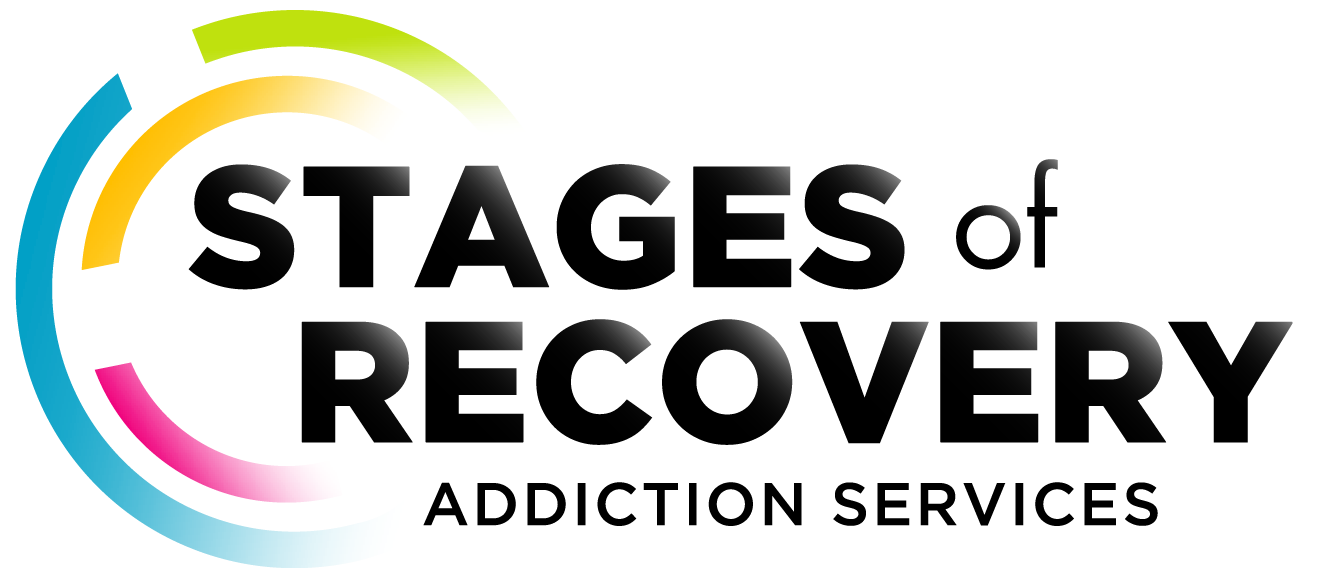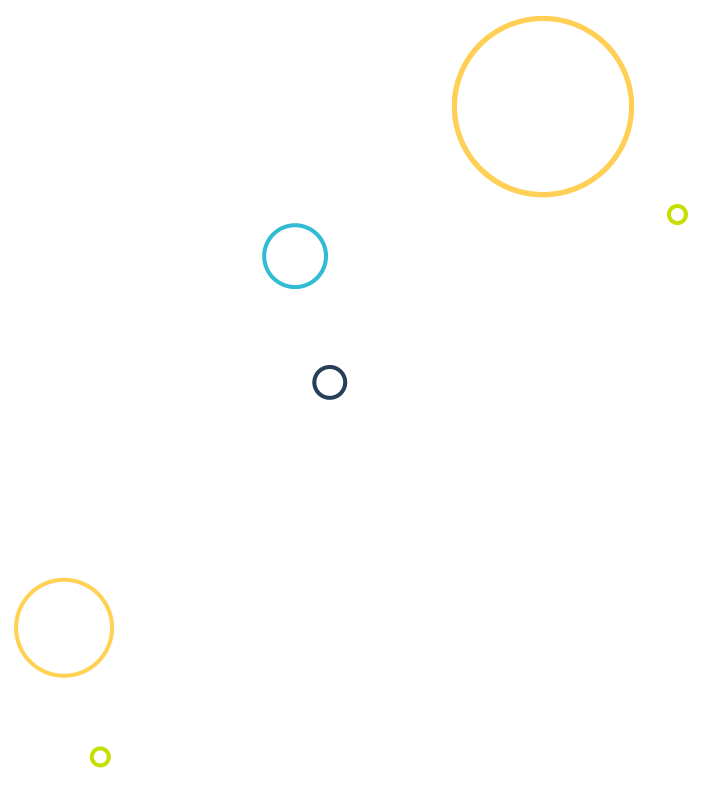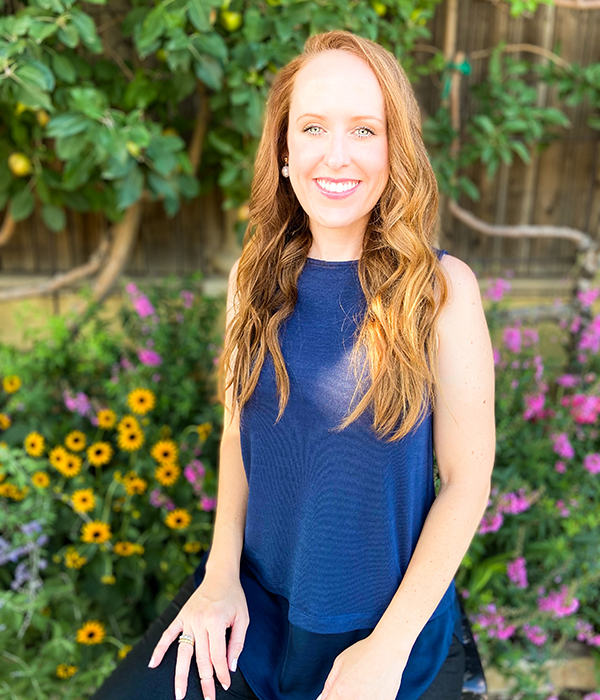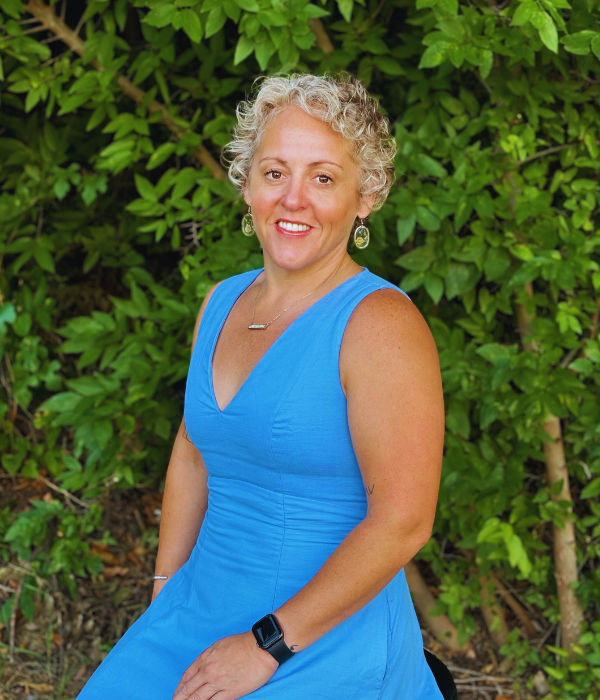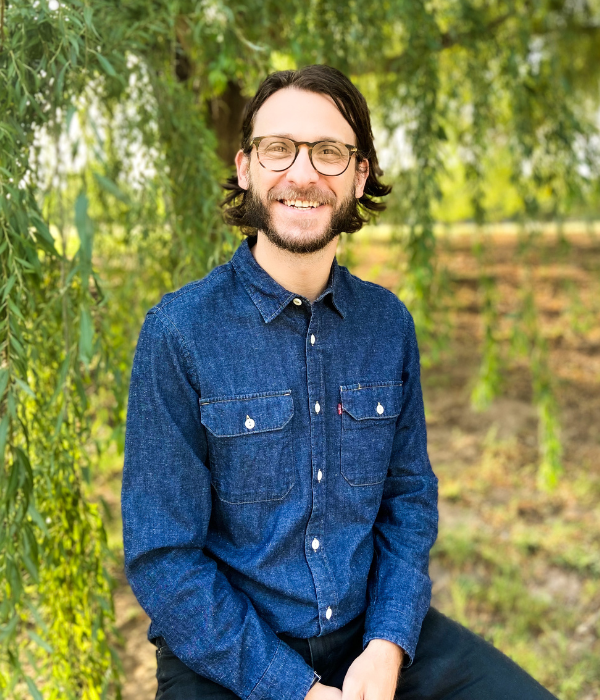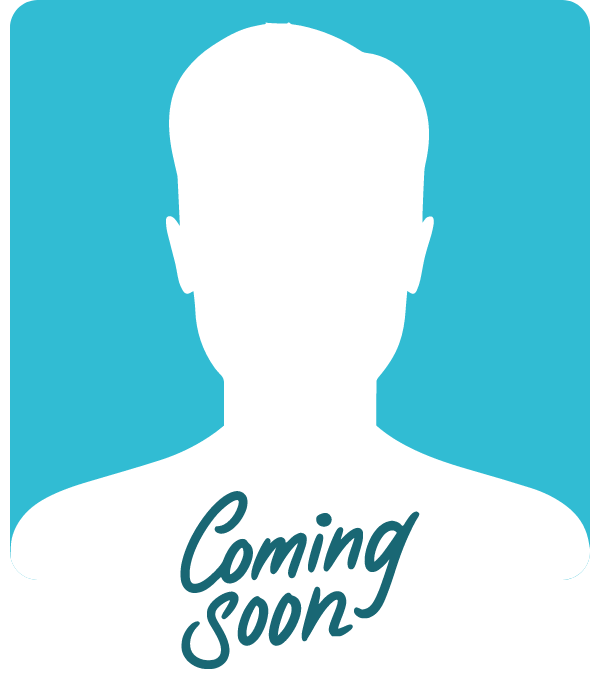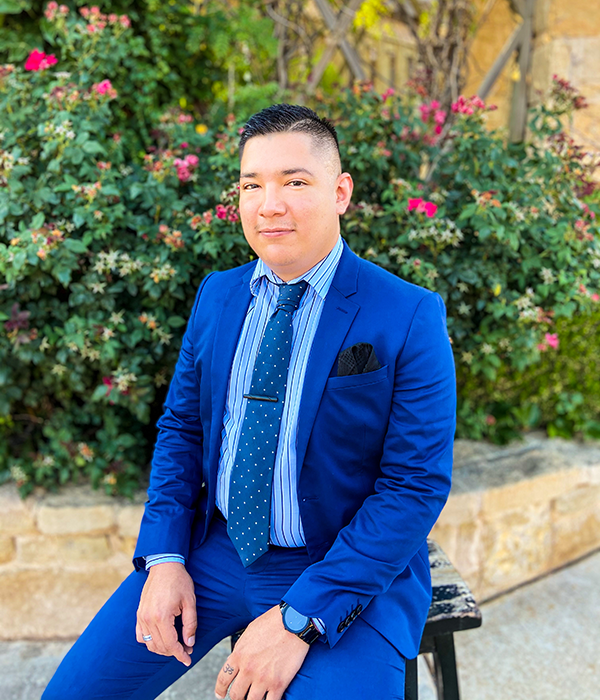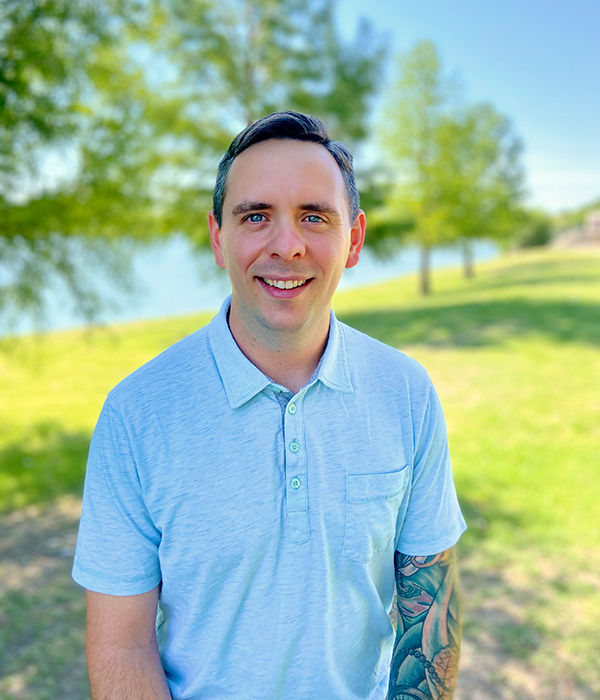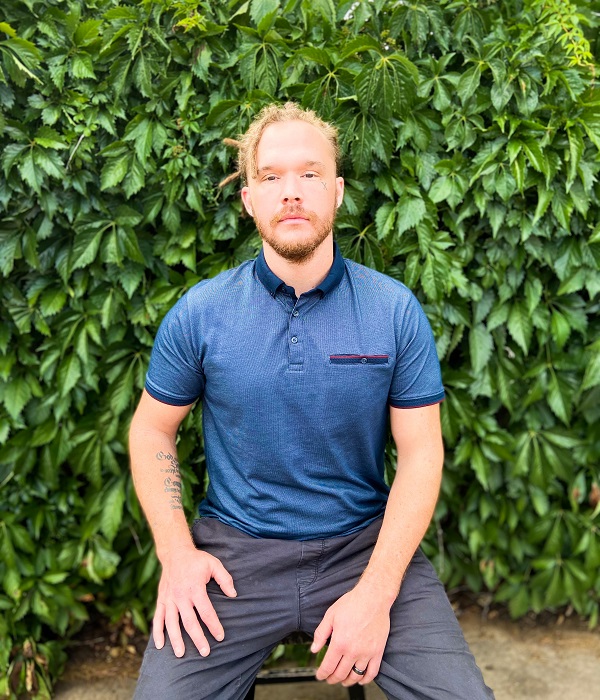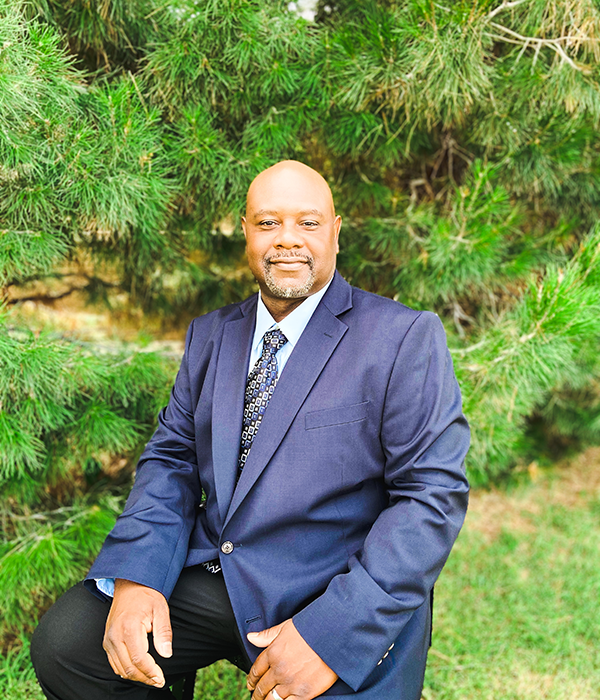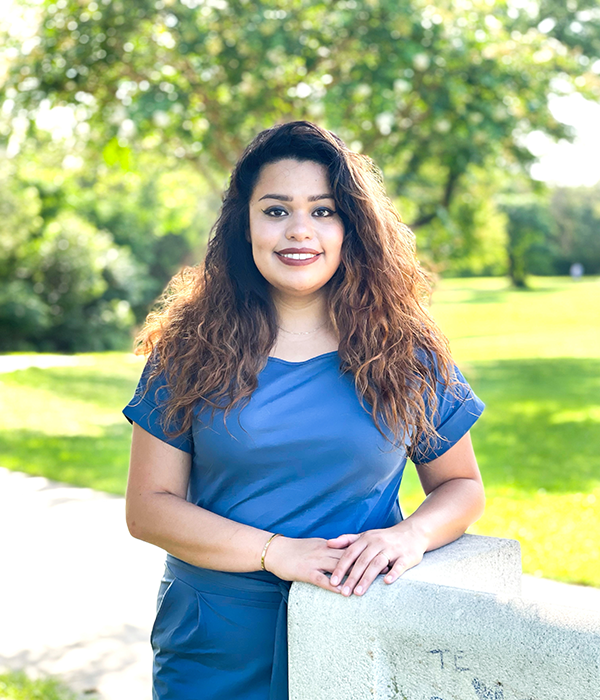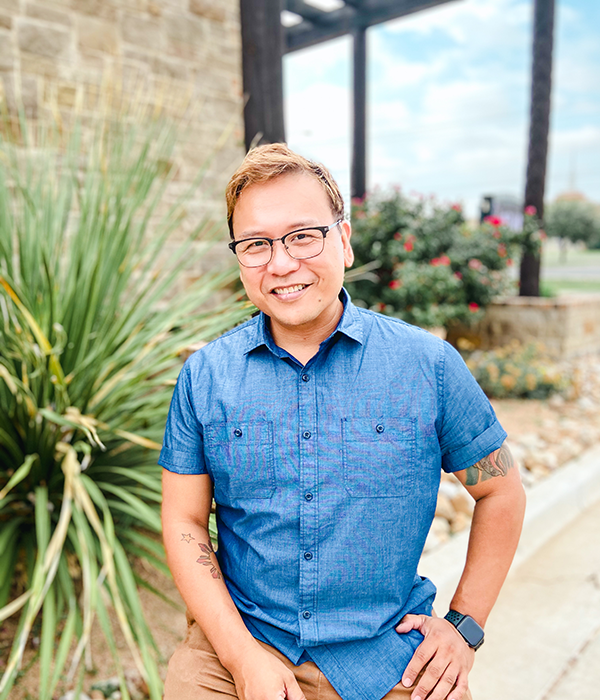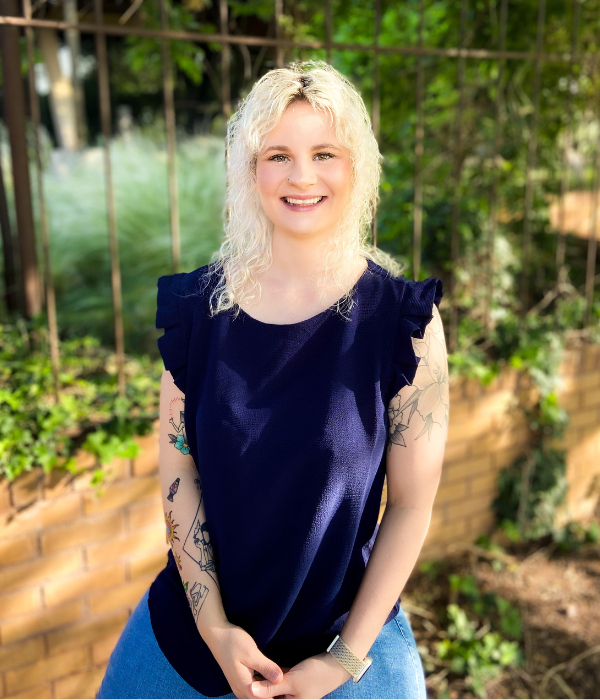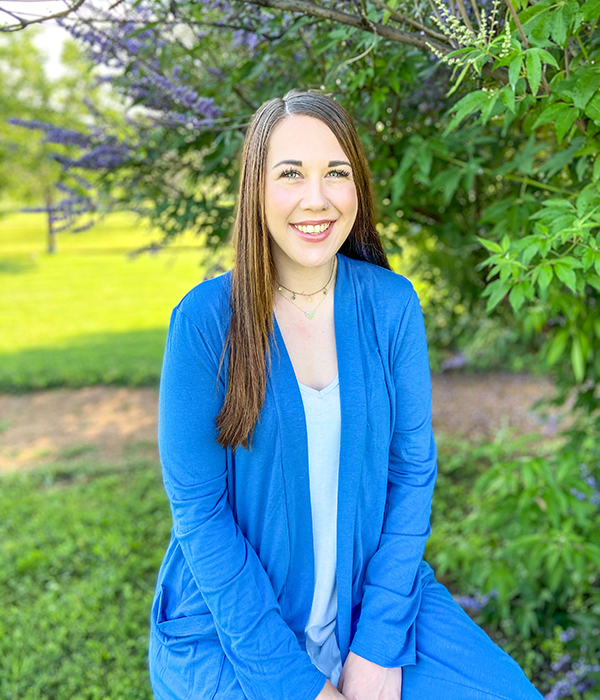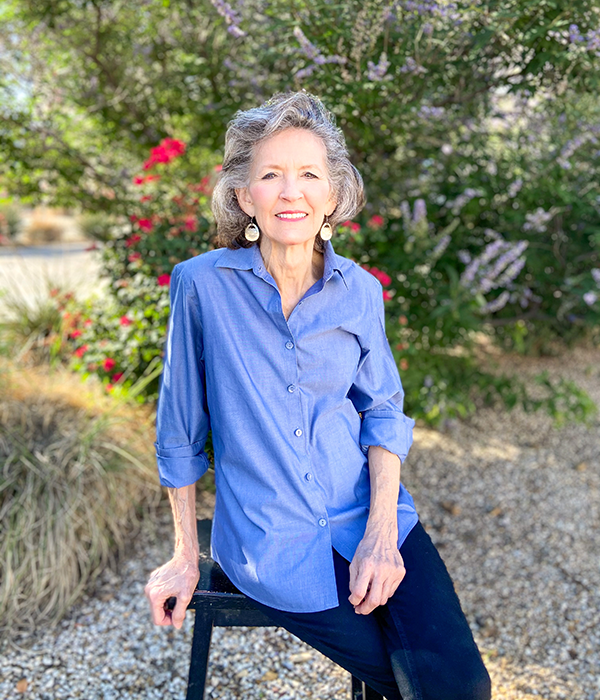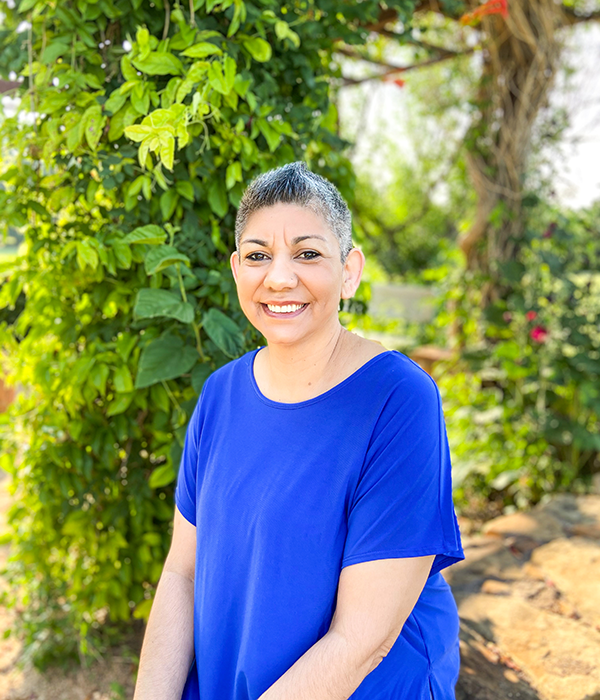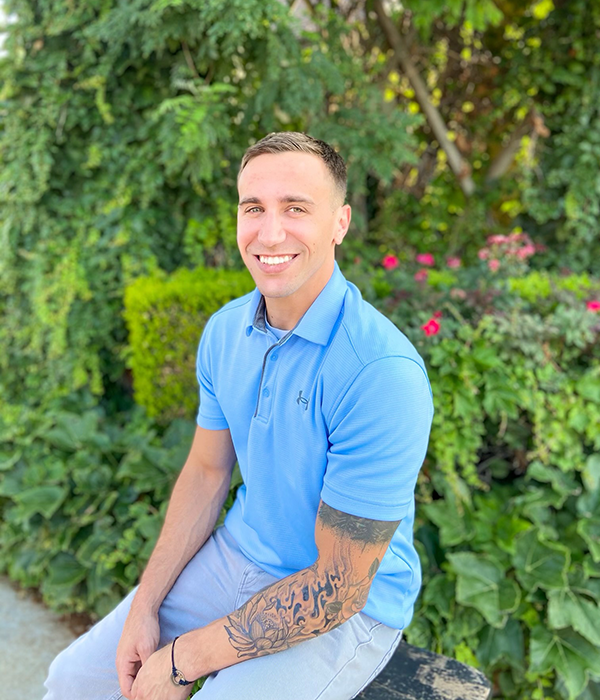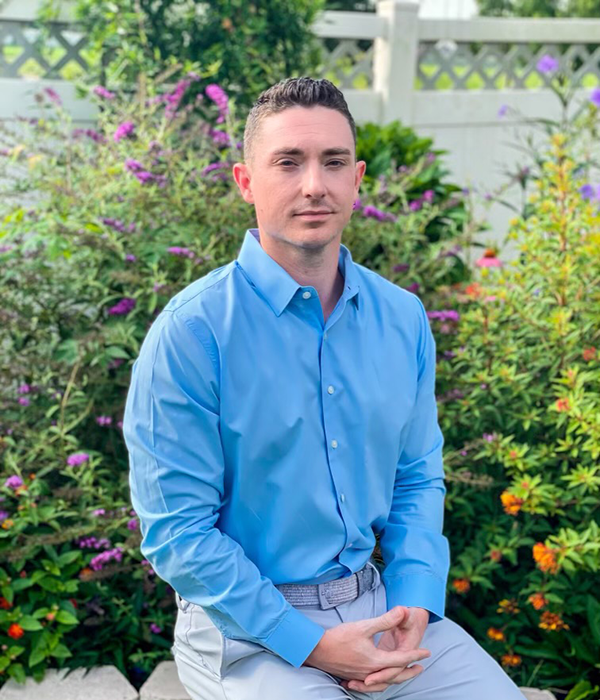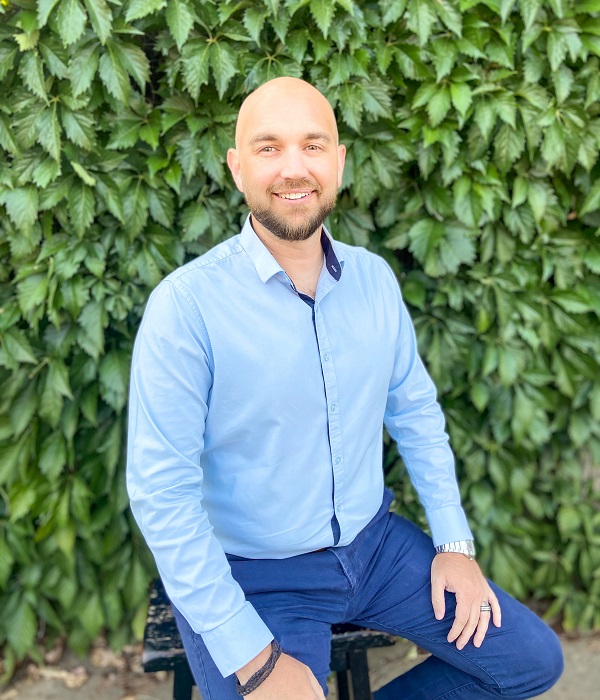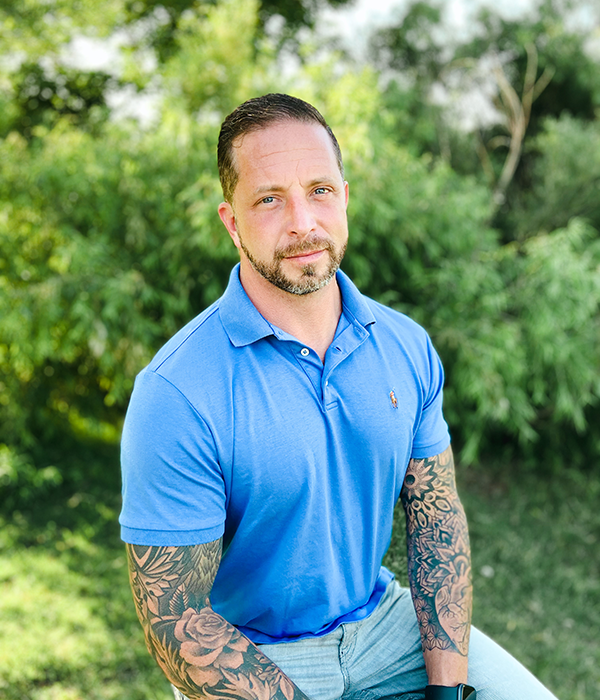When contemplating sobriety and recovery, there are often numerous questions, concerns and fears. These can be overwhelming. Unfortunately, they often prevent individuals from seeking the help needed.
It’s the unknown future in recovery that becomes the potential obstacle for so many in active addiction.
As such, it helps to get information about recovery from those who have been in your shoes and are in recovery now. They know the fear. But, more importantly, they understand the ways fear can destroy you with regard to preventing you from getting sober and entering recovery.
As someone who had my own questions regarding the unknown future in recovery for an adult child of and addict, I can speak to some of the questions and fears; will my life be boring? Will I lose all my friends? What about my identity? Who will I become? What if I fail? Do I have to become religious? Etc.
Thankfully, the fear of the unknown I experienced was not greater than the pain of my rock-bottom experience. As such, I charged forward into unknown territory, regardless.
But, when I did so, I found that though my questions were valid, my fears were my dysfunction’s defense mechanism; my ego’s last-ditch effort to remain in control and keep me active in my dysfunction.
Recovery doesn’t steal your friends. It sheds light on the truth about the individuals you’ve been labeling “friends.” It helps you learn what friendship and caring looks like, and assists you in seeking real community with true friends; the kind who won’t enable you. More importantly, recovery gives you the opportunity to become a friend to yourself—your best friend, rather than your own worst enemy.
Being in recovery isn’t boring, unless you are. And, for the record, that’s something you have control over too. It’s up to you to find new ways to have and be fun without drugs and alcohol. The recovery community you plug into will certainly help with that endeavor.
As for your identity, recovery doesn’t destroy who you are. However, it may feel that way, as you will be grieving not only your drug of choice but the life and identity you knew and adhered to in active addiction. But, in truth, recovery gives your original identity—who you were meant to be—and potential back to you. It just may take a while for you to recognize yourself, as you’ve likely been missing for some time.
For the record, the latter will be true of family members as well. It will take some time for them to see you as you and not the addiction they’ve identified you with for so long.
And, lastly, recovery doesn’t force you into religion. Although spirituality is a vital part of recovery, it has nothing to do with organized religion. And, with regard to the spiritual paths available for you to choose, the options are limitless and can easily be customized by and for you.
The most important thing to remember when contemplating your future in recovery is that no matter how unknown and, therefore, potentially frightening a life in recovery may be, it certainly can’t be worse than what you already know of a life in active addiction. Take the leap.
